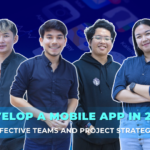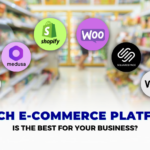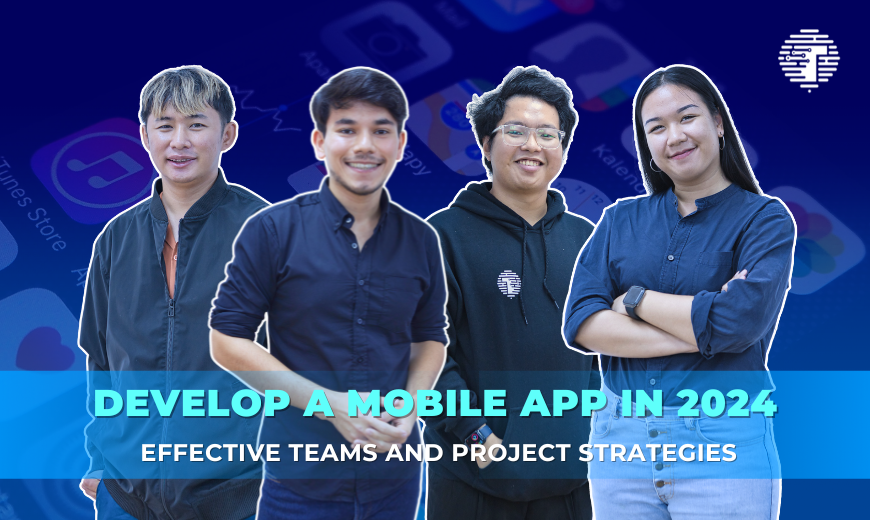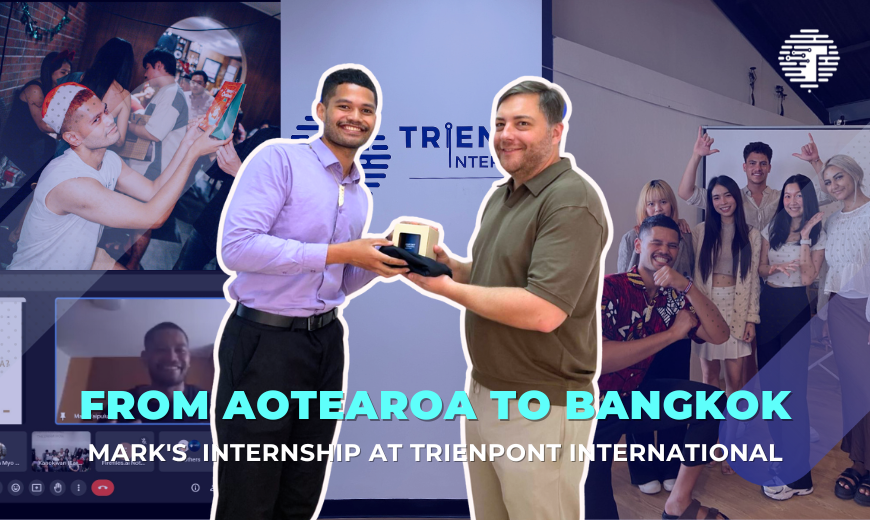AI is more than just a trending topic—it’s a pivotal force reshaping industries, optimising operations, and unlocking new business horizons. With the AI market set to soar to an impressive 207.9 billion U.S. dollars by 2023, businesses worldwide are keen to harness its potential.
But how does this translate on the ground? How are businesses, both emerging and established, leveraging AI for tangible outcomes?
This article provides a deep dive into AI’s real-world applications, offering concrete examples and case studies.
Discover how companies, from nimble startups to industry titans, are leveraging AI to drive success. We also spotlight our own AI-powered, Slack-integrated solutions that have supercharged our team’s productivity by approximately 30%!
Understanding the Intricacies of Artificial Intelligence
AI is a vast field, encompassing various technologies and applications. While terms like AGI, ChatGPT, and Dall-E often make headlines, understanding their real-world implications is crucial for businesses.
AI Based On Capability:

Artificial Narrow Intelligence (ANI): Siri and Alexa are prime examples. They can set reminders or play music but can’t perform tasks outside their programming. For businesses, ANI can be used in automated customer support systems, providing instant answers to frequently asked questions.
Artificial General Intelligence (AGI): Imagine a machine capable of performing any intellectual task, from composing music to predicting stock market trends. For businesses, the potential for AGI is huge and could impact nearly all functions from marketing and sales through to crisis management.
Artificial Super Intelligence (ASI): This represents a future where machines could potentially outthink humans in every conceivable way, from creative endeavors to scientific research.
AI Based On Functionality:

Reactive Machines: Chess programs like IBM’s Deep Blue, which defeated world champion Garry Kasparov, analyse available moves and choose the best one without learning from past games.
Limited Memory: Tesla’s self-driving cars observe their surroundings, learn, and make decisions, adjusting to different driving conditions.
Theory of Mind: While still theoretical, this would be an AI that understands human emotions, potentially transforming sectors like healthcare, where understanding patient emotions is crucial.
Self-Awareness: This remains in the realm of science fiction but represents a future where machines might possess their own consciousness.
Top 5 Benefits: Why AI is Crucial for Your Business
Improve Efficiency: Consider the healthcare sector. AI-driven diagnostic tools, like IBM’s Watson, can analyse medical data rapidly, assisting doctors in diagnosing diseases faster and more accurately.
Cost Savings: In manufacturing, AI-powered predictive maintenance tools can forecast when a machine is likely to fail, allowing timely repairs and saving costs associated with sudden breakdowns.
Enhance Customer Service: Netflix uses AI to analyse viewing patterns and recommend shows, ensuring users spend more time on their platform and less time searching for content.
Data-Driven Decisions: Retailers like Walmart use AI to analyse sales data, predict which products will be in demand, and optimise stock levels, reducing unsold inventory costs.
Fraud Detection: Financial institutions employ AI to analyse transaction patterns, detecting anomalies that could indicate fraudulent activities, thus saving millions in potential losses.
Case Studies: 10 Real World Examples Of Business Success Through AI
AI is enhancing a multitude of industries, bringing transformative changes and unparalleled efficiencies. These case studies span sectors such as music streaming, e-commerce, finance, food and beverage, automotive, software development, and healthcare.
- Spotify: Everyone listens to music, and many are familiar with Spotify. Spotify uses AI algorithms that estimate personal preferences based on listening habits. Every time you listen to music, the system notes your preferences and suggests songs similar to the genres you enjoy. Moreover, it enhances business efficiency by creating targeted advertisements.
- Trienpont AI-Powered Tech Lead: Our in-house AI-powered Tech Lead, Etienne, is specialised in JavaScript, and has become an invaluable asset to our Engineering and Quality Assurance teams. Integrated seamlessly into our Slack workspace, it assists developers in code review, troubleshooting, and offers expert advice on JavaScript-related queries. This AI-driven approach ensures that our code is of the highest quality, efficient, and free from common pitfalls.
- Netflix: The streaming giant uses AI to analyse viewing patterns and preferences of its users. This data-driven approach allows Netflix to recommend shows and movies tailored to individual tastes. Moreover, Netflix uses AI to decide which shows to produce, determining potential success based on user data.
- Amazon: One of the tech giants leveraging AI, Amazon uses algorithms to analyse customer browsing behaviour, purchase history, and even the time spent looking at specific items, personalising recommendations to encourage further purchases.
- American Express: The financial institution uses AI to detect and prevent fraud in real-time. By analysing millions of transactions, the AI system can identify unusual patterns and potentially fraudulent activities, alerting both the company and the cardholder.
- Starbucks: Starbucks uses AI-driven analytics in its “Deep Brew” program. This initiative helps in personalising customer experiences, optimising store operations, and managing inventory. For instance, their mobile app provides personalised drink and food recommendations to users based on their previous orders and preferences.
- Coca-Cola: The beverage giant has been experimenting with AI-driven vending machines. These machines offer personalised experiences by suggesting drinks based on the user’s previous choices. Additionally, Coca-Cola uses AI to analyse social media data to understand what flavours customers are talking about and might want next.
- Trienpont’s Scoping & Resource Planning: Beyond code review, our AI Tech Lead plays a pivotal role in project scoping and management. It aids in accurately scoping projects, breaking down deliverables, creating feature lists, and even resource planning. This ensures that our projects are well-defined, efficiently managed, and delivered on time.
- Toyota: The automobile manufacturer uses AI for predictive maintenance. By analysing data from sensors in vehicles, AI can predict when a part is likely to fail or when maintenance is needed, ensuring safety and reducing downtime.
- IBM Watson Health: IBM’s Watson uses AI to analyse vast amounts of medical data, from research papers to patient records. It assists doctors in diagnosing diseases and suggests treatments. For instance, Watson was used to treat rare forms of cancer by analysing genetic data to identify potential treatments.
Transform, Innovate, Excel: Let’s Shape Your AI-Powered Business Journey Together

The age of AI is upon us, offering businesses unparalleled opportunities for growth, innovation, and efficiency. As AI technologies continue to evolve, their potential applications in business expand exponentially. Embracing AI is no longer an option but a necessity for businesses aiming to thrive in this competitive landscape.
At Trienpont International, we recognise the game-changing potential of AI. Our team is dedicated to crafting AI solutions tailored to your unique business needs, ensuring you stay ahead of the curve.
Join us on this exciting journey into the future of business.





